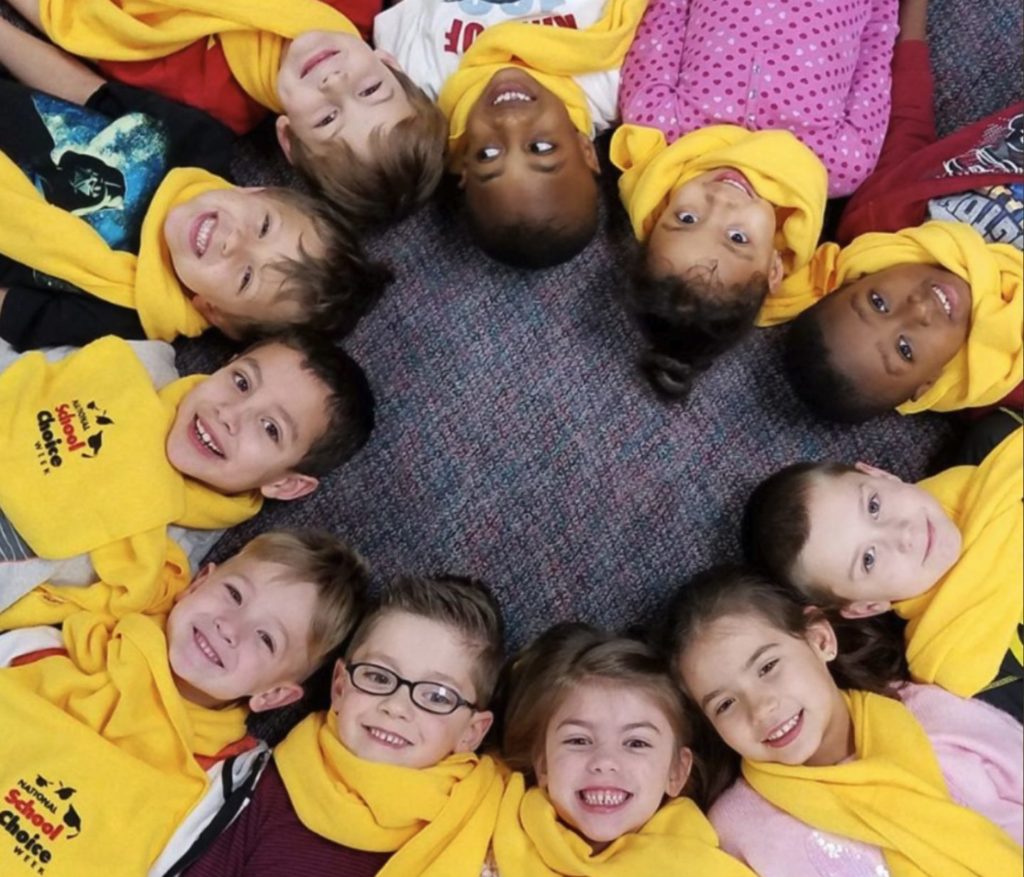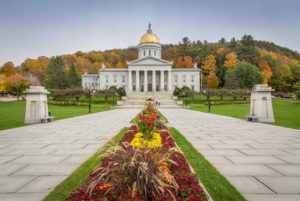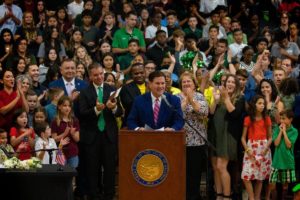Experts dispute report claiming inflation in private school tuition from school choice in Iowa
Education experts are seriously questioning the academic rigor of a new study that suggests Iowa’s universal school choice program is causing private school tuition inflation.
The…

Education experts are seriously questioning the academic rigor of a new study that suggests Iowa’s universal school choice program is causing private school tuition inflation.
The working study – produced by the Annenberg Institute for School Reform at Brown University – claims Iowa’s education savings account (ESA) program caused 10-25% inflation in private school tuition.
However, John Kristof, senior research analyst at Ed Choice, told The Lion he doesn’t find the paper to be academically rigorous.
“[There’s an] assumption that ESAs will not increase access to private education because there is an assumption that private schools will just raise prices and keep their schools as exclusive or inclusive as they were before,” Kristof explained.
Indeed, the data doesn’t support such an assumption.
Three of the study’s largest holes, according to Kristof, were:
- insufficient data due to researchers only being able to record tuition prices from half of private schools
- a poor control group because Iowa’s ESA program was only compared to Nebraska, whose new school choice program hasn’t gone into effect
- a lack of specificity regarding the characteristics of which schools raised their prices and which didn’t
“It’s also important to note that the new, higher statewide average tuition amount in Iowa is still below the ESA amount [$7,400]!” Kristof wrote in his analysis. “According to the paper’s data, average kindergarten tuition in 2023-24 was $6,800.
“A student attending the average Iowa private primary school could still attend with zero out-of-pocket cost and have money left over for some books, tutoring, or a variety of other educational services.”
Additionally, the study only compared tuition prices from 2023-24 to 2021-22 – not exactly a comprehensive picture of tuition prices. And the study has yet to be peer reviewed.
Nevertheless, some media outlets have taken the study and run with it, using it as an argument against burgeoning universal school choice programs.
Kristof encouraged casual readers to be analytical when new research is offered as evidence, since not every study is created equal.
“You have to just approach things with a critical mind,” he told The Lion. “More people are capable of reading these types of papers critically than they would even think.”
Even something as simple as reviewing data sources can make a big difference.
Of course, the concern that government programs might artificially raise prices isn’t completely unfounded. After all, there’s good evidence that federal student aid led to increases in college tuition. Why wouldn’t the same be true for school choice?
As Kristof explains, there will always be a fundamental difference between the K-12 and higher education sectors.
“There is an alternative to private education, which is [an] entirely free, paid-for-by-taxpayers education available through public district schools. That is always going to be an aspect of a competitive K-12 market,” he told The Lion.
“So, private schools are always going to be competing with free education. That is a huge downward pressure on prices.”
Another natural cost reducer is the fact that parents serving on private school boards won’t want exponential tuition hikes since they would have to pay them too.
Moreover, private schools, like any market economy, are subject to the principle of supply and demand. If all their classrooms are full, they may have leeway to increase prices. But if they’re operating below capacity, they’ll be motivated to keep tuition low.



